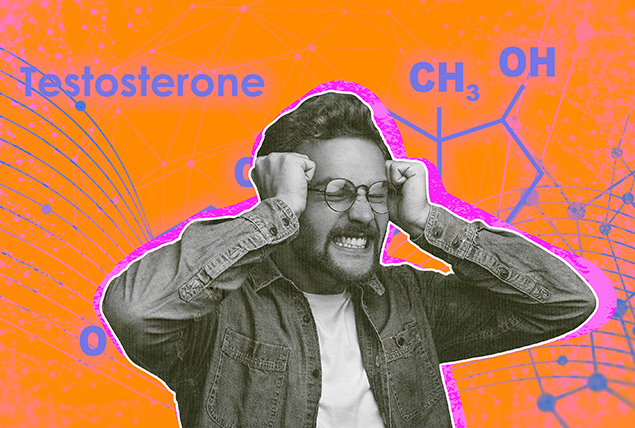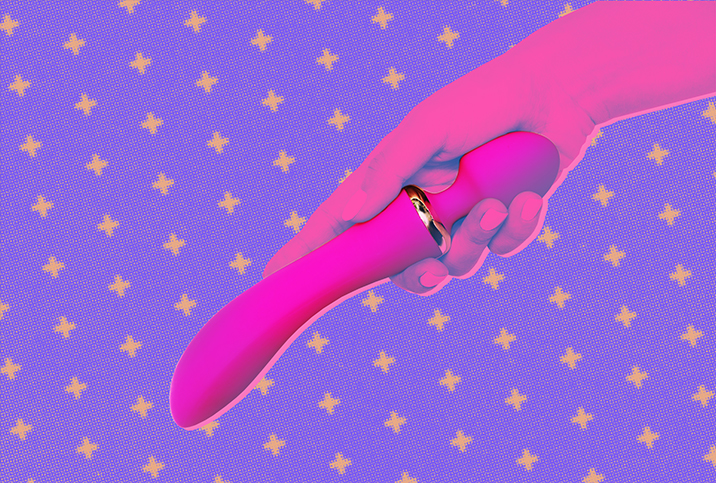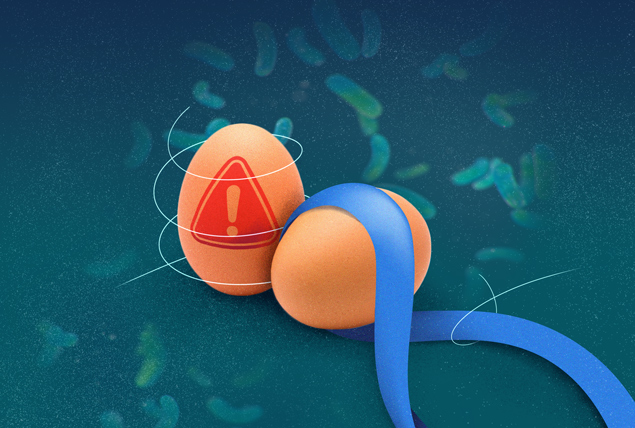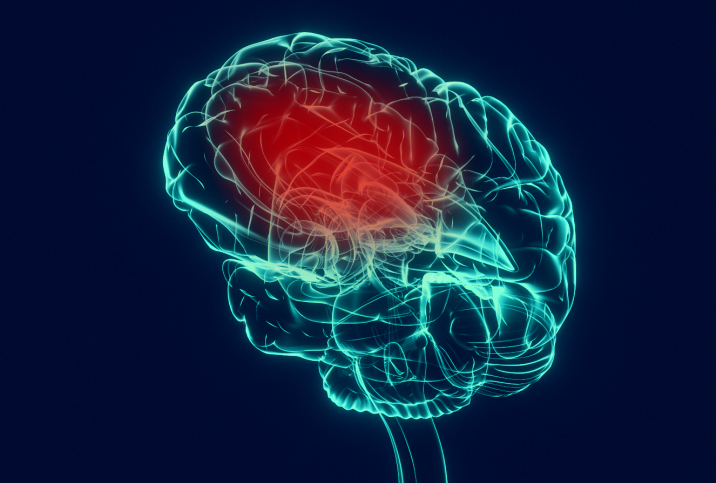Is Male PMS a Thing?

Stereotypes in society may have you believe that men are inherently more mentally and emotionally stable than women. Given that, it might surprise you to learn that according to studies, regular mood swings, irritability, dips in motivation, lethargy and other symptoms of premenstrual syndrome (PMS) aren't exclusive to women.
Turns out, men can suffer from these symptoms, too.
Scientifically and technically speaking, no, males can't experience premenstrual syndrome. However, there is an equivalent of PMS some men could encounter: irritable male syndrome (IMS). While medical experts disagree about whether IMS is a diagnosable medical condition, there are quite legitimate causes, signs and symptoms.
Find out what measures you can take to recognize and counter a bout of IMS.
The male equivalent of PMS?
Obviously, a male cannot get premenstrual syndrome. There are significant biological differences between the male and female anatomy, and since men don't produce ova, they don't menstruate and, thus, cannot experience PMS.
This doesn't mean men don't have their own internal biological processes that can affect mood and motivation. Varying levels of hormones—the chemicals that carry messages through your blood to your muscles, organs, skin and other tissues to coordinate body functionality—can affect the mental health of men and prompt symptoms that correlate with irritable male syndrome.
According to licensed psychotherapist Jed Diamond, based in Northern California, IMS is caused by recurring or unstable fluctuations in testosterone levels, which can result in similar symptoms to PMS (excluding cramps).
Irritable male syndrome is a relatively new idea in science, and currently, there aren't any comprehensive clinical studies to back up its existence. However, it's known that various internal and external factors can influence male hormone levels, and testosterone, in particular, is vital to a man's well-being.
While testosterone levels naturally fluctuate, this process is typically slow and gradual. The opposite can be said about estrogen, which is a primarily female hormone known for high-frequency fluctuations.
Multiple factors can affect testosterone levels and trigger irritable male syndrome, including:
- Chronic stress. This condition can disrupt the quality of your sleep and diet, and directly inhibit the production of testosterone. When you're stressed, your body produces higher doses of cortisol, the stress hormone, at the expense of testosterone.
- Illness and chronic conditions. When you have a chronic condition or the flu for a few days, your testosterone levels may significantly dip. Your body is strained, trying to keep itself functioning normally, which makes it deprioritize the production of testosterone.
- Lack of physical movement. Your body was designed to move. Higher levels of muscle mass are associated with higher testosterone levels. Furthermore, lifting weights and other forms of strength training lead to spikes in testosterone. Conversely, a lack of physical movement could affect your testosterone levels.
- Natural decline with age. On average, once you become 30 years old, your body naturally experiences a gradual decline in testosterone levels by roughly 1 percent each year. The speed of the decline depends on your lifestyle choices, current health and other external factors.
- Nutrient deficiency. The production of testosterone requires several essential nutrients. If you are not consuming enough fats or are deficient in zinc, magnesium, potassium, vitamin A, vitamin B or vitamin D, then you are more likely to have low testosterone levels. Additionally, many essential hormones, including testosterone, are created with the help of cholesterol, too.
- Sleep deprivation. A chronic lack of sleep is the most effective way to tank testosterone levels. This essential male hormone is produced when sleeping, so a lack of sleep inhibits the replenishment of testosterone levels. If you are chronically sleep-deprived, you're also more likely to be stressed, making your body produce more cortisol instead of testosterone.
The symptoms of IMS remain vague and can fluctuate considerably depending on your testosterone levels and general health.
As the term irritable male syndrome suggests, fluctuations and dips in testosterone levels can make a man more impulsive, irritable and easily agitated. Other potential effects on a man's health include brain fog/confusion, inability to focus, loss of motivation/drive, and symptoms of anxiety and depression. When it comes to its effects on sexual health, having low testosterone (low-T) can contribute to low libido and worsening erectile function. Aside from that, it can also contribute to weight gain, which can affect self-esteem and self-image, and that can also affect your sex life.
The medical term for low-T is hypogonadism, according to Jessica Yih, M.D., a urologist and clinical assistant professor of urology at Ohio State University.
"Testosterone is cyclic on a daily level, highest in the morning and lowest in the evening before bed," she explained. "So, in someone who has hypogonadism, they may have more symptoms later in the day. Generally, we understand these symptoms to be consistent for a patient with low testosterone."
Is IMS cyclical like PMS?
"We do not routinely diagnose or treat IMS in the field of urology. It is a theoretical syndrome that may be related to hormonal changes throughout the course of men's life—day, month and year," said Dawud Lankford, M.D., a urologist in California.
"I can comment on how testosterone and other hormones are secreted in cycles, which can affect a man's mood and, therefore, cause irritability. In the case of testosterone, mood can fluctuate throughout the day as testosterone peaks in the morning and levels off in the evening," he said. "Irritability may increase when testosterone is relatively low, and testosterone levels also decrease after the age of approximately 35 years."
Our mood can change for other factors aside from varying hormonal levels.
"In addition to hormonal changes through the course of our life, our mood can change over the course of life for many reasons. A 'midlife crisis,' relative dissatisfaction with life choices or a failed career path can all be a cause of irritability," Lankford said.
Can these symptoms be prevented?
Not all men have hypogonadism, but men in their 50s and 60s are more likely to experience it. If you suspect hypogonadism, there are strategies you can work on to help get your testosterone back to a healthy level.
"Get tested for low testosterone and get treated," Yih said. "There are things you can do yourself to improve your testosterone levels: high-intensity interval training, weight-bearing exercises, weight loss [and] improved diet."
If the symptoms you're experiencing severely hamper your ability to function and be productive and happy, then speak with a medical professional. Have your testosterone levels checked and seek expert tips and advice for moving forward.














